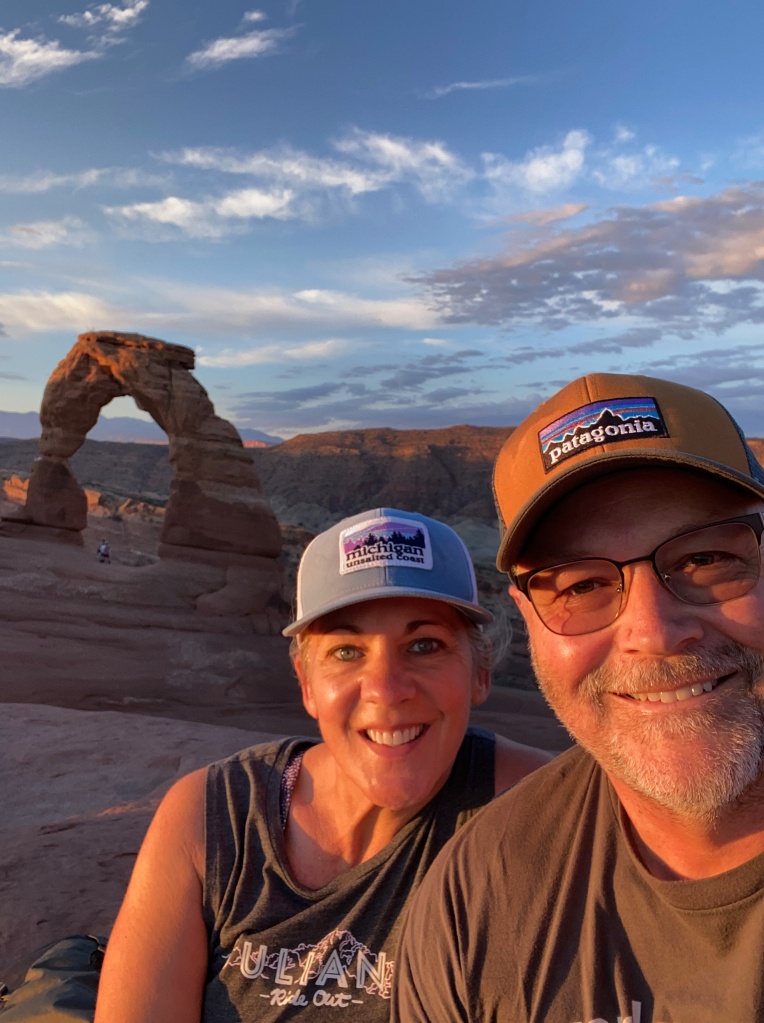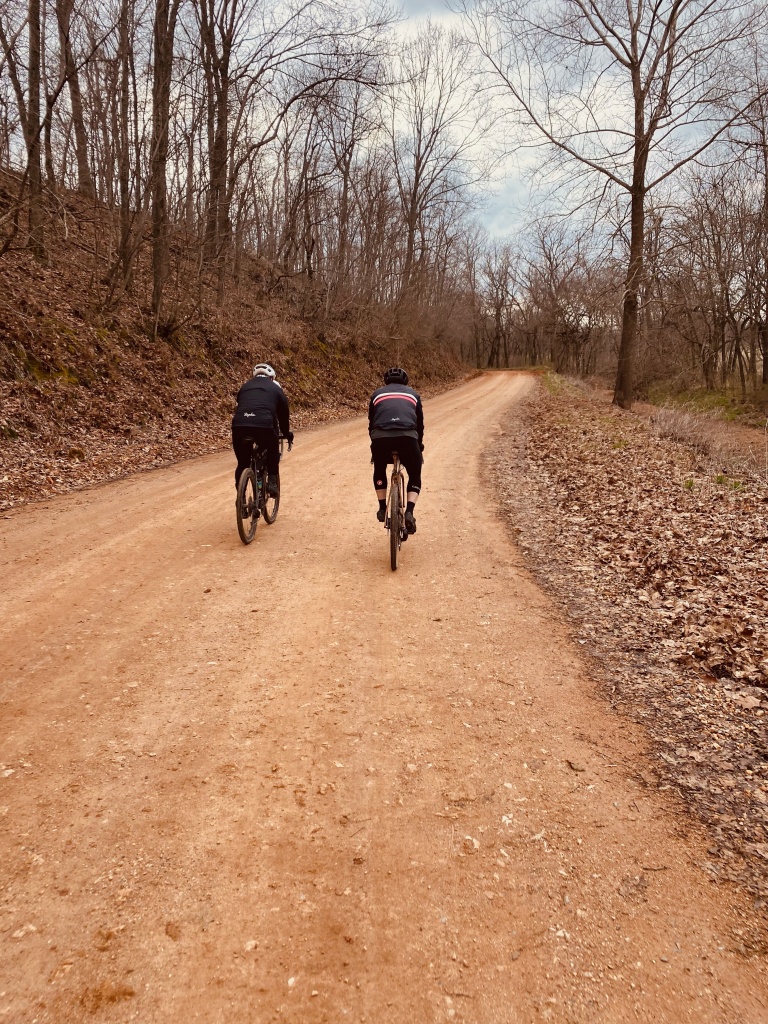I switched offices today. It was bitter-sweet. I’ve enjoyed sharing an office with my colleague for the last three years. But with new additions to our team, new desk assignments are necessary.
My new space is still mostly bare. However there is one thing that has been placed exactly where it belongs. Do you see that rock on my window sill?
There are a lot of rocks that look like that around here, but this one is special. It has been on or near every desk I’ve occupied since I moved to NW Arkansas.
In 2009, I was recently remarried, in sales, and wondering what life was going to look like. A friend from grad school who was one of the few people I knew here invited me to go on a prayer retreat. He invited others but when the weekend came, it was just the two of us. I knew what I wanted to spend those days talking to God about: God, will I ever get to do what I was trained to do, loved to do, and was born to do?
At one point we shared with each other what was on our hearts. Admittedly the questions I posed to God seem a little whiny now. As I talked my friend listened without judgment for…I don’t know how long. And then he spoke.
Is God enough? If you never get to be involved in ministry again, is He and what He’s done for you enough?
He didn’t elaborate or make a case for who God was or spell out what God had done for me. He just let those two questions hang in the cloudy Ozark air. I don’t remember answering but instead decided to take his comments for a walk. “Is God and what He’s done for me enough?” I repeated to myself as I walked the trails that surrounded the little cabin.
And without bargaining, lightning bolts, or grand epiphanies, I got to a point where I could honestly say, “Yes, He is and it is enough.” Within a couple steps I looked down and saw that rock on the edge of the path. I took it back to the cabin and it has been on or near every desk I’ve occupied since then. It is my 4”x4” Ebenezer, a visible reminder of a significant encounter with God.
The irony – or grace – is not lost on me that the rock sits near my desk at a dream job for me. I’m not offering a formula. I didn’t do anything to deserve the extreme privilege I now have of walking with young professionals on their journey of leadership development and spiritual formation.
By the way, pilgrims don’t pick up souvenirs, they collect artifacts.





